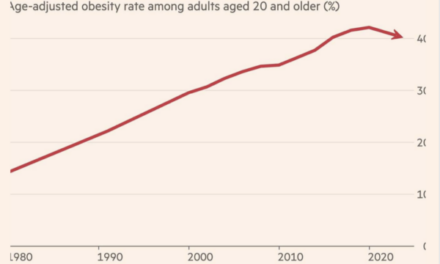We support our Publishers and Content Creators. You can view this story on their website by CLICKING HERE.
Tech companies that operate giant data centers with vast needs for electricity can foresee that our grid is becoming overstressed, and intermittent wind and solar technologies will never meet their needs. So they are going nuclear:
Nuclear power contracts signed by hyperscalers show they’re desperate for reliable “clean and green” energy sources to feed their ever-expanding datacenter footprints….
The emphasis here is on “reliable,” not “clean and green.” Nuclear power does not emit CO2, so it is clean and green in that sense. It also is good for the environment because it requires relatively small quantities of raw materials.
This week alone, Google and Amazon both confirmed more agreements. Google said it had lined up a deal to purchase nuclear energy from Kairos Power, even though the prospectve supplier hasn’t yet developed the small modular reactors (SMRs) it proposes to fulfill the contract with.
Small modular reactors are perfect for localized, high-energy-utilizing installations like data centers or mining operations. As the linked article notes, they are more expensive per megawatt-hour than full-scale nuclear power plants, but can be developed and constructed faster.
In a similar arrangement, Amazon said it was handing half a billion dollars to three companies to develop SMRs to provide power generation in Virginia and Washington. In this case, the energy isn’t expected to start emerging until the 2030s.
And Microsoft is also dabbling in nuclear, recently establishing a power purchase agreement (PPA) with Constellation Energy to restart the Three Mile Island power plant.
After all these years, Three Mile Island is going to be restarted. I assume this is because of the Biden administration’s campaign against fossil fuels, combined with the reality that, of the non-CO2 emitting technologies, only nuclear actually works. Thus:
The key part, at least in Google’s case, is that it is seeking additional clean power, not repurposing existing power, and requires electricity that will be available 24/7, according to Jefferies Research, part of the Jefferies financial services group.
“Available 24/7” means dispatchable, like coal and natural gas, not weather-dependent like solar and wind.
We are about to witness a rapid resurgence in nuclear energy.

 Conservative
Conservative  Search
Search Trending
Trending Current News
Current News 




